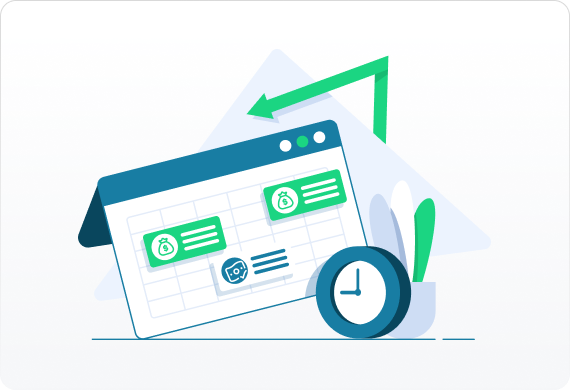Heating, ventilation, and air conditioning systems are a part of everyday life that keep offices comfortable, prevent the elderly from getting heatstroke during the summer, or maintain comfortable living situations. They are an important part of most people’s lives, but not one that they think about much until something breaks or needs replacing.
Then, your local HVAC company becomes extremely important. When you started your company, you might have been combining your career with an entrepreneurial mindset. Maybe you wanted to be your own boss and manage your own time, or you find it rewarding to get an A/C unit humming again. But after some time in business, it is time to grow or change direction.
If you have been thinking about growing your business we offer a wide variety of business funding options and the process is fast and easy and be completed online







